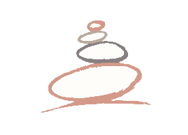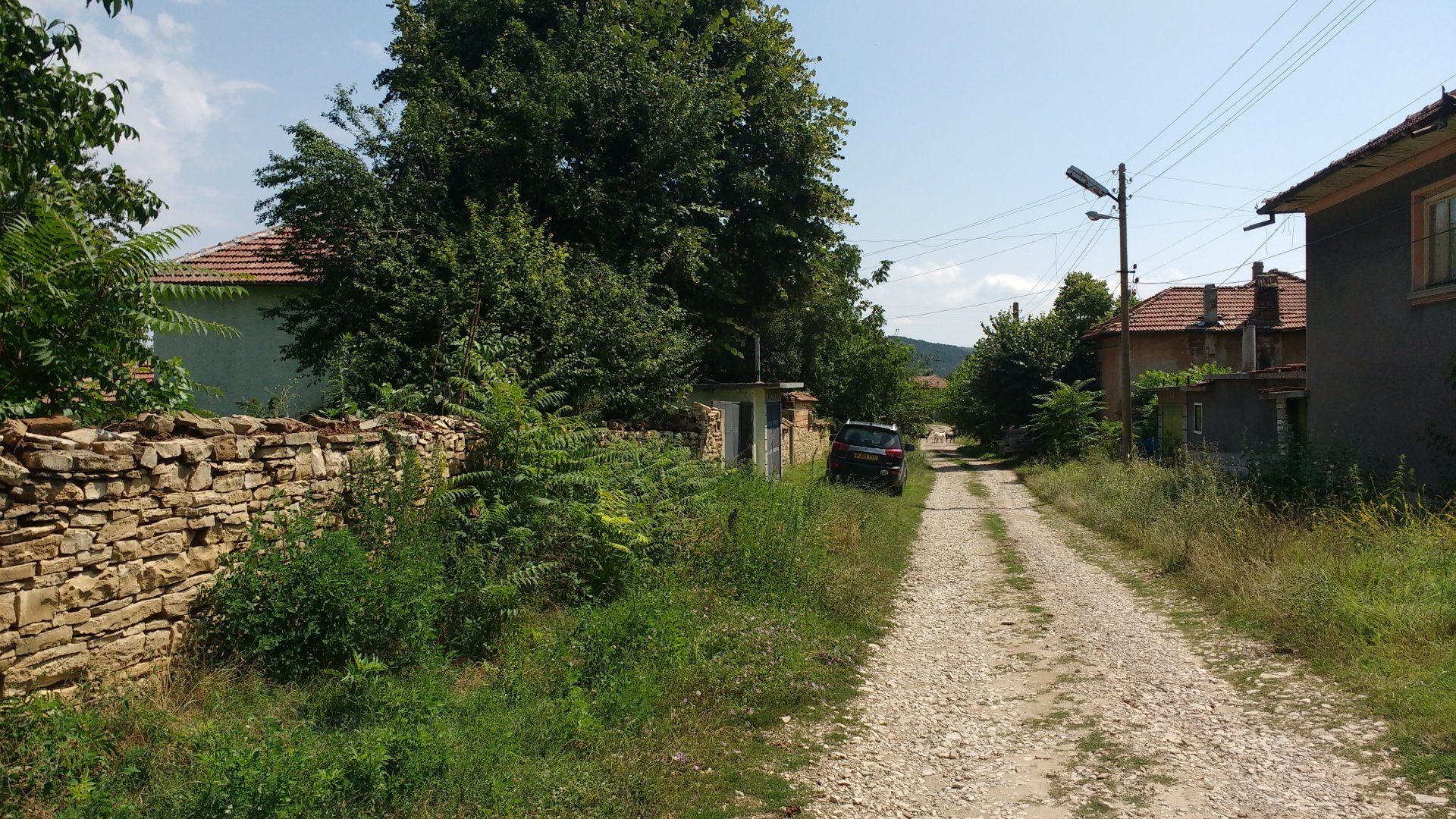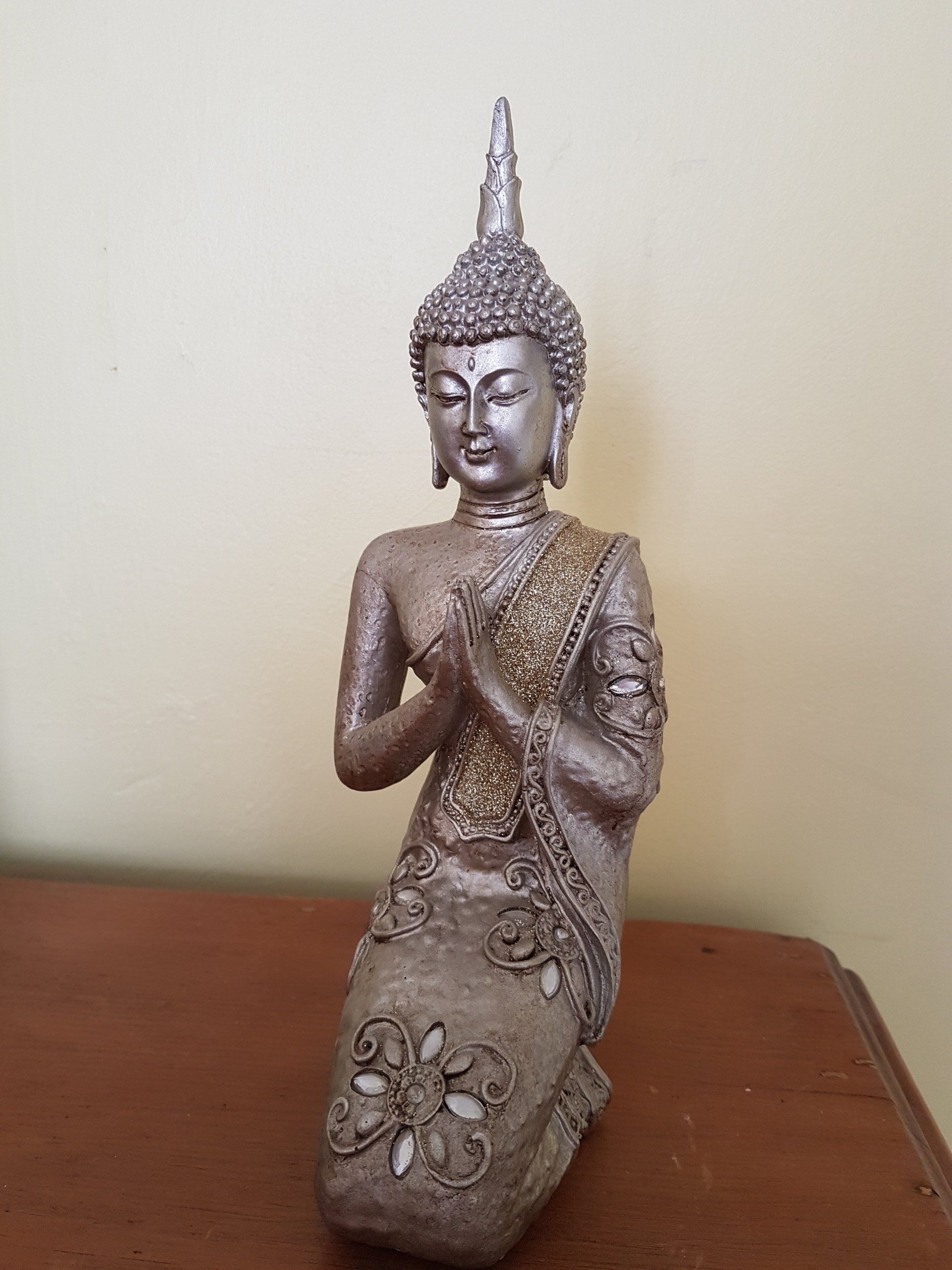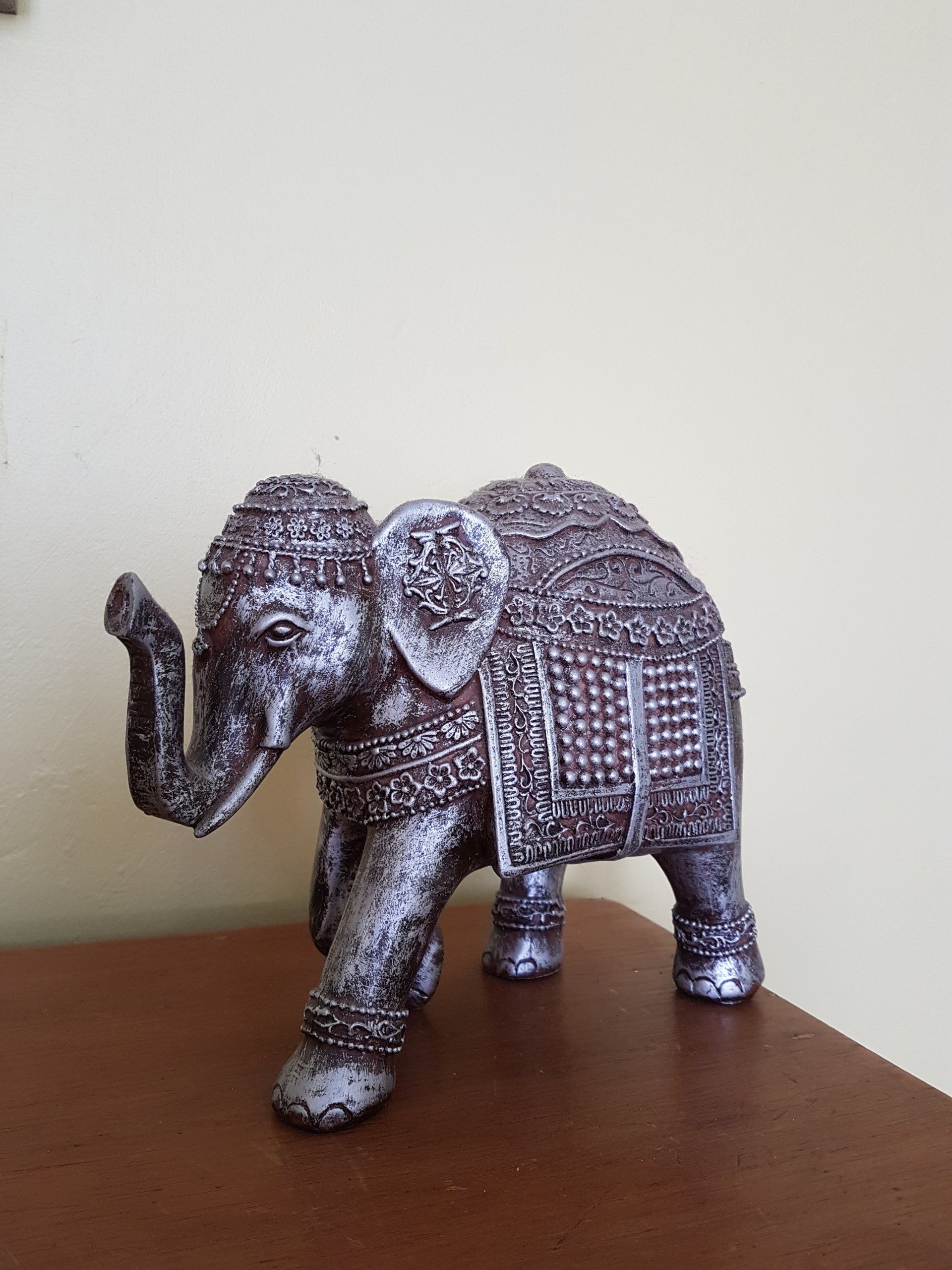Internet Addiction
Internet Addiction
За повече информация телефон ( 44) 08454670612 или ( 44) 07593809574 или изпратете ни имейл
On this page we discuss Internet Addiction and how you can get help
Какво е интернет зависимостта?
Internet addiction, more commonly called ‘problematic Internet use’ (PIU), is described as an impulse control disorder or behavioural addiction. That is it does not involve use of an intoxicating drug, such as alcohol, and is very similar to a gambling addiction. Some Internet users may develop an emotional attachment to on-line friends and activities they create on their computer screens. Internet users may enjoy aspects of the Internet that allow them to meet, socialise, and exchange ideas through the use of chat rooms, social networking websites, or virtual communities or virtual worlds. Other Internet users spend endless hours researching topics of interest Online or "blogging". Blogging is a contraction of the term "Web log", in which an individual will post commentaries and keep regular chronicle of events. It can be viewed as journaling and the entries are primarily textual. Where as others spend hours involved in activities such as ciber sex and on social media sites such as Facebook or Twitter
Similar to other addictions, those suffering from Internet addiction use the virtual fantasy world to connect with real people through the Internet, as a substitution for real-life human connection, which they are unable to achieve normally.
What are the signs and symptoms of Internet addiction?
- Preoccupation with the Internet. (Thoughts about previous on-line activity or anticipation of the next on-line session.)
- Use of the Internet in increasing amounts of time in order to achieve satisfaction.
- Repeated, unsuccessful efforts to control, cut back or stop Internet use.
- Feelings of restlessness, moodiness, depression, or irritability when attempting to cut down use of the Internet.
- On-line longer than originally intended.
- Jeopardised or risked loss of significant relationships, job, educational or career opportunities because of Internet use.
- Lies to family members, therapists, or others to conceal the extent of involvement with the Internet.
- Use of the Internet is a way to escape from problems or to relieve a dysphoric mood. (e.g. Feelings of hopelessness, guilt, anxiety, depression.)
The following Physical Symptoms are characteristic of someone who uses the computer for a very long period of time:
- Backache
- Headaches
- Weight gain or loss
- Disturbances in sleep
- Carpal tunnel syndrome
- Blurred or strained vision
What are the effects?
Internet addiction results in personal, family, academic, financial, and occupational problems that are characteristic of other addictions. Impairments of real life relationships are disrupted as a result of excessive use of the Internet. Individuals suffering from Internet addiction spend more time in solitary seclusion, spend less time with real people in their lives, and are often viewed as socially awkward. Arguments may result due to the volume of time spent on-line. Those suffering from Internet addiction may attempt to conceal the amount of time spent on-line, which results in distrust and the disturbance of quality in once stable relationships.
Some suffering from Internet addiction may create on-line personas or profiles where they are able to alter their identities and pretend to be someone other than himself or herself. Those at highest risk for creation of a secret life are those who suffer from low-self esteem feelings of inadequacy, and fear of disapproval. Such negative self-concepts lead to clinical problems of depression and anxiety.
Many persons who attempt to quit their Internet use experience withdrawal including: anger, depression, relief, mood swings, anxiety, fear, irritability, sadness, loneliness, boredom, restlessness, procrastination, and upset stomach. Being addicted to the Internet can also cause physical discomfort or medical problems such as: Carpal Tunnel Syndrome, dry eyes, backaches, severe headaches, eating irregularities, (such as skipping meals), failure to attend to personal hygiene, and sleep disturbance.
Какво причинява пристрастяване към компютрите или мрежата?
Whenever Internet addicts feel overwhelmed, stressed, depressed, lonely or anxious, they use the Internet to seek solace and escape. Studies from the University of Lowa show that Internet addiction is quite common among males ages 20 to 30 years old who are suffering from depression.
Certain people are predisposed to having a computer or Internet addiction, such as those who suffer from anxiety and depression. Their lack of emotional support means they turn to the Internet to fill this need. There are also those who have a history of other types of addiction, such as addictions to alcohol, drugs, sex and gambling. Even being stressed and unhappy can contribute greatly to the development of a computer or Internet addiction. People who are overly shy and cannot easily relate to their peers are also at a higher risk of developing a computer or Internet addiction.
Dual Diagnosis: Online Addiction and Substance Abuse
An Internet addiction and substance abuse often go hand in hand with each other. Most of the time, those who abuse alcohol or drugs are those with the predisposition to get addicted to the Internet as it serves as a means of escape from reality.
Research studies from Swansea and Milan Universities shows that when Internet addicts go offline or stop using the computer, they experience withdrawal symptoms similar to those experienced by drug addicts. This shows that these addictions are often interrelated.
How can someone get help?
If you feel you, or a loved one, might have an Internet Addiction telephone us on (+44) 0845 467 0612
or (+44) 07593809574
or e-mail us.













